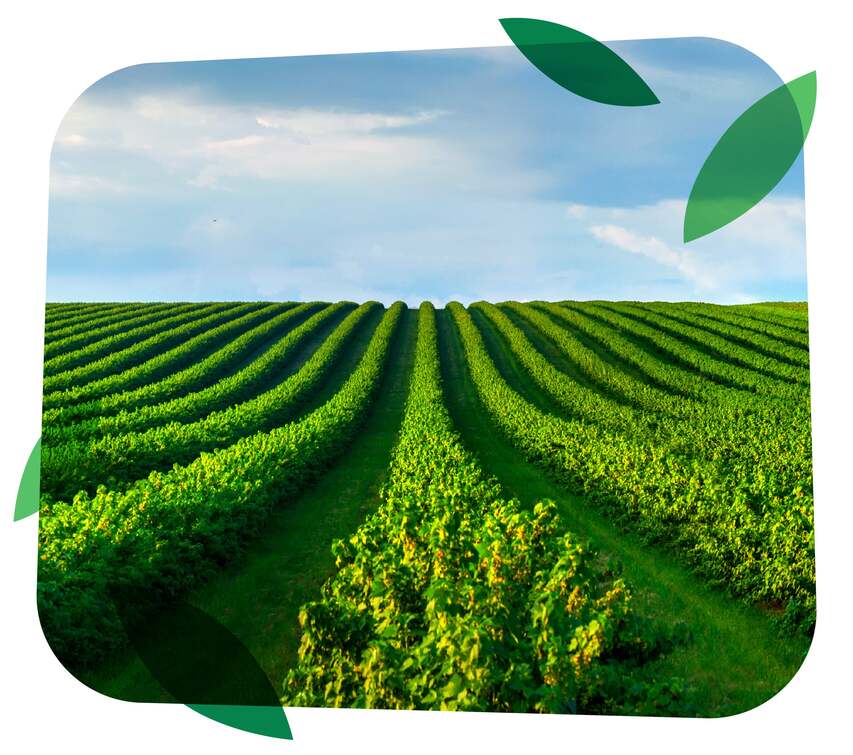คู่มือการเพาะปลูกมะกอก: ข้อมูลทางโภชนาการที่สมบูรณ์และคำแนะนำสำหรับการปลูกต้นมะกอกและการใช้ปุ๋ยต้นมะกอก
Haifa's accumulated and profound knowledge in olive tree nutrition and fertilization comes to complete fulfillment in this olives crop guide
Growing olive trees dates back more than 6,000 years, hence the knowledge about olive trees cultivation has "deep roots".
The nutritional and health values of olives and olive oil are highly appraised, creating great demand for high quality extra virgin (EV) olive oil.
Here is a sample of the knowledge that can be found in Haifa's crop nutrition guide:
-
Traditional, extensive, rain-fed olive plantations yield ranges between 7 and 14 ton / ha, which transforms to 1,700 – 2,400 liters of oil.
-
If commercial yields are desired, greater amounts of water will be needed, provided that soil humidity does not become excessive.
-
Olive trees are very sensitive to over irrigation and will not perform well in waterlogged soils.
-
During the first years of the plantation, a premium controlled-release fertilizer, such as Multicote™ Agri 17-9-16+2MgO augmented with trace elements, is recommended.
-
Alternatively, soluble fertilizers may be used with high efficiency, especially by Nutrigation™ (Fertigation).
-
If the fertilizers are broadcasted separately, be sure to water very well after application.
-
Nitrogen (N), phosphorus (P), potassium (K) and boron (B) are generally the most critical nutrients in the mineral nutrition of olive orchards.




